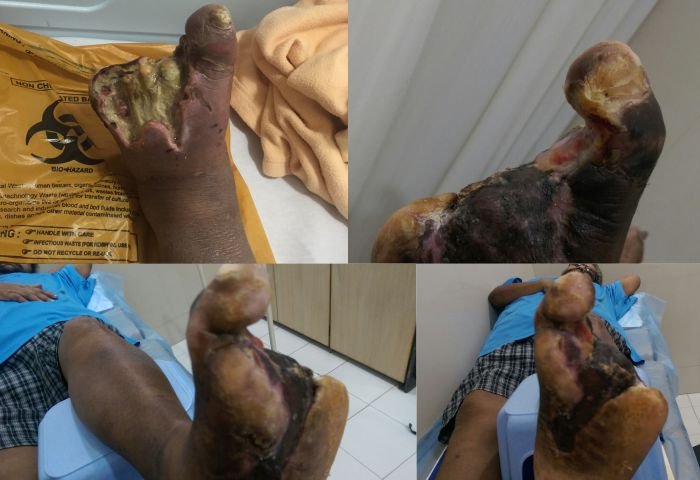What are gallstones?
Gallstones are hardened deposits of cholesterol, bile pigments, and other
substances that form in the gallbladder, a small organ located under the liver.
They range in size from as small as a grain of sand to as large as a golf ball.
What are the symptoms of gallstones?
Many people with gallstones have no symptoms. However, some people
experience:
● Pain in the upper right abdomen: This pain can be sharp, steady, and last
for several hours.
● Nausea and vomiting: These can occur with or without pain.
● Indigestion: This can feel like heartburn or a burning sensation in the
upper abdomen.
● Fever and chills: These may indicate an infection in the gallbladder
(cholecystitis).
What causes gallstones?
The exact cause of gallstones is unknown, but several factors can increase your
risk, including:
● Excess cholesterol in the bile: This is the most common cause of
gallstones.
● Too much bilirubin in the bile: Bilirubin is a waste product from the
breakdown of red blood cells.
● Not emptying the gallbladder completely: This can lead to bile becoming
concentrated and forming stones.
Who is at risk for gallstones?
Several factors increase your risk of developing gallstones, including:
● Gender: Women are more likely than men to develop gallstones.
● Age: The risk of gallstones increases with age.
● Family history: If a close family member has gallstones, you are more
likely to develop them.
● Weight: Obesity and rapid weight loss can increase the risk of gallstones.
● Diet: A diet high in fat and cholesterol can increase the risk of gallstones.
● Certain medical conditions: Diabetes, Crohn’s disease, and cirrhosis can
increase the risk of gallstones.
What are the treatment options for gallstones?
The treatment for gallstones depends on the severity of your symptoms and the presence of complications.
Options include:
● Observation: If you have no symptoms, I may recommend watchful
waiting.
● Medication: Medications can dissolve small gallstones, but they are not
always effective.
● Surgery: The most common surgery for gallstones is a laparoscopic
cholecystectomy, which involves removing the gallbladder.
What can I do to prevent gallstones?
While there is no guaranteed way to prevent gallstones, some things you can do
to reduce your risk include:
● Maintain a healthy weight: This means eating a healthy diet and exercising
regularly.
● Limit your intake of fat and cholesterol: This can help reduce the amount of
cholesterol in your bile.
● Eat plenty of fiber: Fiber can help regulate your digestion and reduce the
risk of gallstones.
● Get regular exercise: Exercise helps you maintain a healthy weight and
can improve your overall health.
If you have any concerns about gallstones, it is important to talk to your doctor.

















